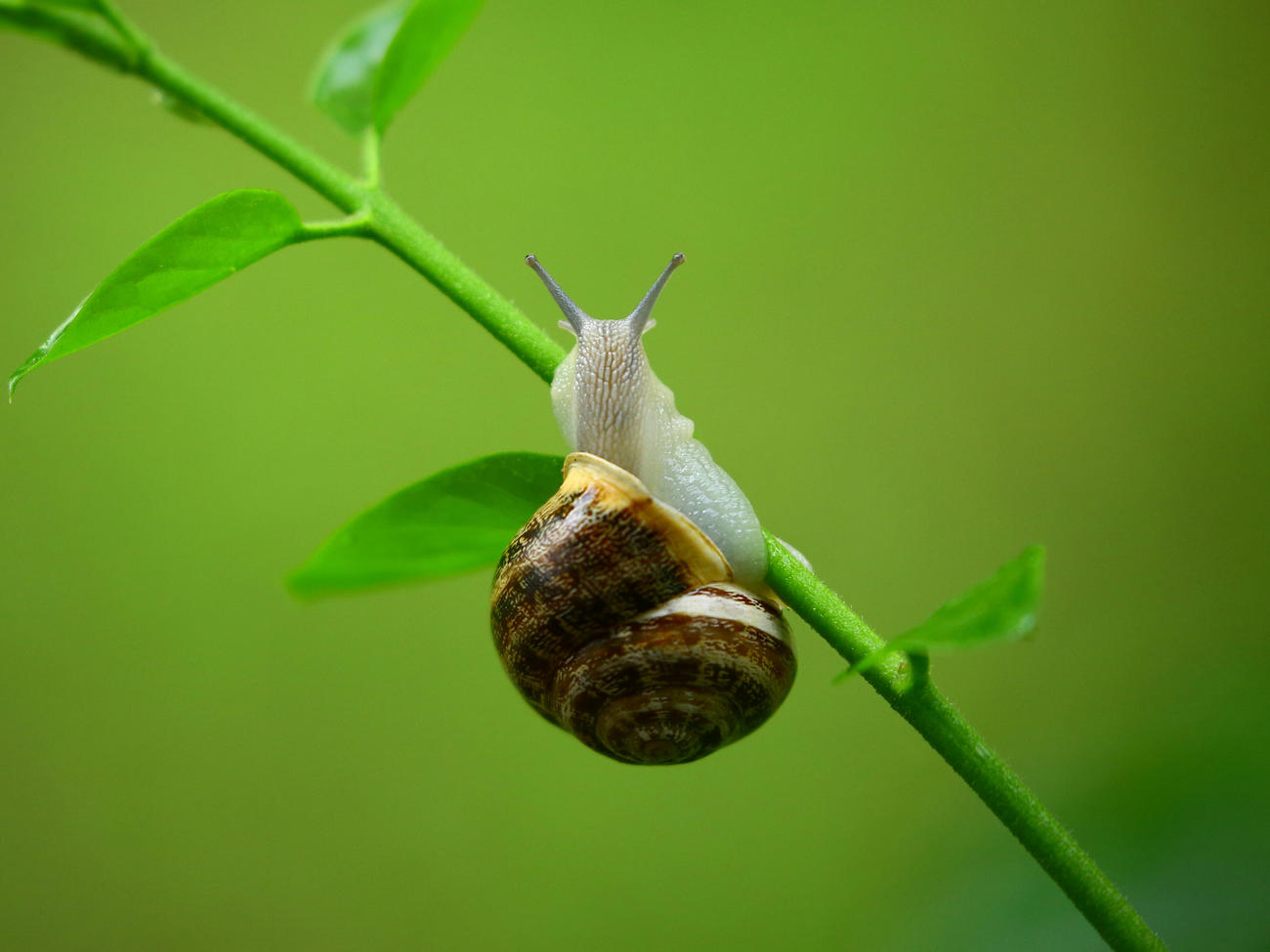
Top Tips to Keep Plants Safe from Garden Pests
When critters start taking their toll on your tulips and tomatoes, follow these earth-friendly ideas to protect your garden and let it thrive naturally pest-free

Take a Whiff
Deer, rabbits, squirrels, and most animals dislike strongly aromatic plants like rosemary, lavender, dill, and oregano, so consider planting these critter-deterrent plants close to more tempting plants in vegetable and perennial beds. These fragrant plants have the added benefit of attracting beneficial insects with their flowers. Similarly, plants with sharp spines, fuzzy leaves, or milky sap are also avoided by hungry visitors as they’re highly irritating to munching mouths.
Get Covered
Tender, new plants are more susceptible to nibbling, even plants considered resistant, because young growth hasn’t fully developed repellent qualities unlike mature, larger plants. In the meantime, protect transplants and new growth with garden netting, summer weight garden fabric, or wire cloches gently covering any newbies.Pour One Out
For smaller critters like snails and slugs, try putting wide strips of copper tape around vulnerable plants. The slimy invaders are also especially drawn to beer traps simply made by digging a small hole in the dirt for a shallow, waterproof dish to rest in and filling it ¾-full with beer. Check the trap in the morning for any intoxicated visitors.
Raise a Stink
Spray vulnerable plants with bottled repellents made with stinky egg solids like Liquid Fence. This method works well until it rains, when re-applications are needed. Always read the instructions first and test samples before spraying large numbers of plants. The same odor principle applies to moles that are repelled by the smell of castor oil. Simply find a mound, make an opening, pour in a cup of a homemade mixture (blend 1 cup warm water, 4 tbsp. dishwashing liquid, and 3 ounces castor oil), and then stomp on the hole.
